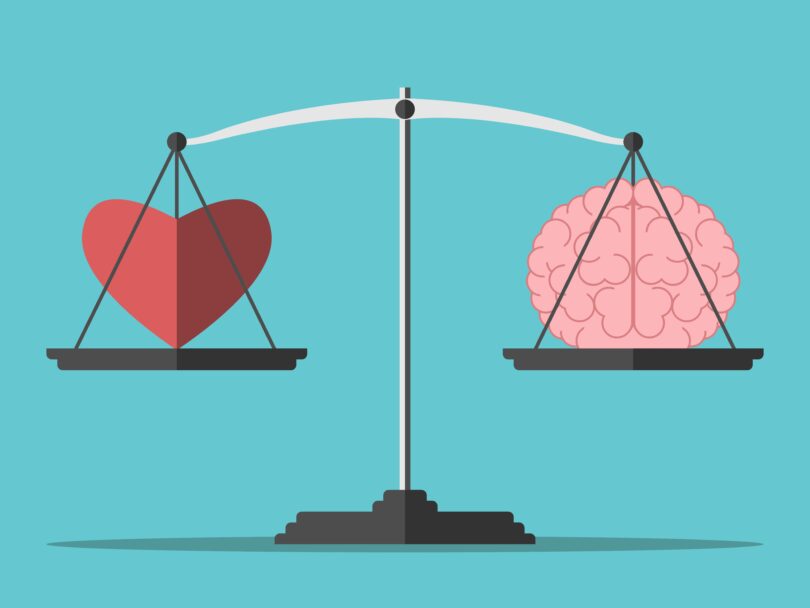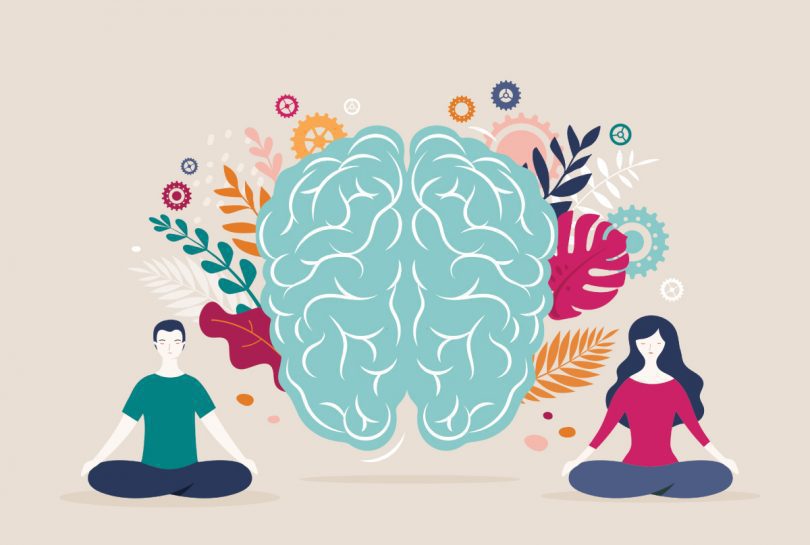A Comprehensive Guide to Health and Nutrition

In the world of health and nutrition, countless diets claim to be the key to weight loss, improved well-being, and longevity. However, not all diets are created equal, and some can do more harm than good. In this comprehensive guide, we will explore the top 10 diets that you should avoid at all costs. Backed by scientific evidence, we will uncover the potential dangers and pitfalls of each diet, urging you to prioritize your health and well-being above all else.
- The Extreme Fad Diet
Fad diets often emerge with grand promises of rapid weight loss or instant health benefits. These diets typically eliminate entire food groups or drastically reduce caloric intake, leading to short-term results at the expense of long-term health. Examples include the Cabbage Soup Diet, Lemonade Master Cleanse, and the Grapefruit Diet. Such extreme diets deprive the body of essential nutrients and can lead to nutrient deficiencies and metabolic imbalances.
- The No-Carb or Low-Carb Diet
While some low-carb diets like the ketogenic diet have gained popularity, prolonged restriction of carbohydrates can lead to several health issues. Carbohydrates are the body’s primary source of energy, and without them, the body may enter a state of ketosis, potentially causing ketoacidosis, dehydration, and kidney problems. A balanced diet should include complex carbohydrates, such as whole grains, fruits, and vegetables.
- The Detox and Cleanse Diets
Detox and cleanse diets often claim to eliminate toxins and promote weight loss. However, the human body is already well-equipped with organs like the liver and kidneys that efficiently detoxify the system. These diets often involve severe calorie restrictions, laxatives, or diuretics, which can be harmful and disrupt the body’s natural balance. Instead, focus on a balanced diet rich in whole foods to support your body’s natural detoxification processes.
- The Raw Food Diet
Advocates of the raw food diet believe that cooking destroys essential nutrients, enzymes, and natural enzymes present in foods. However, some nutrients become more accessible through cooking, while raw diets can increase the risk of foodborne illnesses and nutrient deficiencies. A balanced diet should include a mix of cooked and raw foods to ensure optimal nutrient intake.
- The Elimination Diet
Elimination diets involve removing specific food groups or ingredients, claiming to identify food sensitivities and allergies. While such diets might be helpful under the guidance of a healthcare professional, self-imposed restrictions can lead to malnutrition and unintended consequences. If you suspect food sensitivities, seek professional advice to ensure you’re still getting the nutrients you need.
- The Diet Pill and Supplement Craze
In pursuit of quick fixes, many individuals turn to diet pills and supplements to achieve their health goals. However, these products are often unregulated, and their claims can be misleading. Some may have harmful side effects, interact with medications, or be simply ineffective. Instead of relying on pills, prioritize a balanced diet and regular exercise for sustainable and lasting results.
- The Mono Diet
Mono diets focus on a single food or food group, promoting rapid weight loss or cleansing. While some fruits and vegetables are nutrient-dense, an exclusive diet of one item can lead to nutrient deficiencies and imbalances. Embrace a diverse diet that incorporates a wide variety of foods to obtain a spectrum of nutrients.
- The Diet with Severe Caloric Restrictions
Extremely low-calorie diets are often associated with rapid weight loss. However, they can lead to malnutrition, a slowed metabolism, and a loss of muscle mass. Sustainable weight loss and overall health improvement require a balanced diet that meets your body’s caloric needs.
- The Diet that Promotes Dangerous Supplements
Certain diets promote the use of potentially harmful supplements as a substitute for a balanced diet. Some supplements can have adverse effects on health or interact with medications. It’s essential to prioritize whole foods as the foundation of your nutrition and consult a healthcare professional before taking any supplements.
- The Diet that Ignores Individuality
A one-size-fits-all approach to dieting can overlook individual differences in genetics, metabolism, and lifestyle. What works for one person may not work for another. It’s crucial to listen to your body’s unique needs and consult a registered dietitian or healthcare professional to create a personalized, sustainable nutrition plan.
In the pursuit of health and well-being, it’s essential to be discerning about the diets we follow. Avoiding the diets mentioned above can help protect you from potential health risks and ensure that your nutritional needs are met. Instead, focus on adopting a balanced, diverse diet, incorporating whole foods, and listening to your body’s cues. Prioritize your health and well-being, and remember that sustainable results come from making long-term, positive lifestyle changes. Always consult a healthcare professional before making significant changes to your diet or starting any new nutritional plan. Your health is worth it!
5 Effective Weight Management Tips

Amelya Evelyn is freelance writer, health reporter, and author, she shares her experiences in the hope that others will feel less alone in their health struggles.She loves breaking down complex science and health information, making it easier for people to understand




